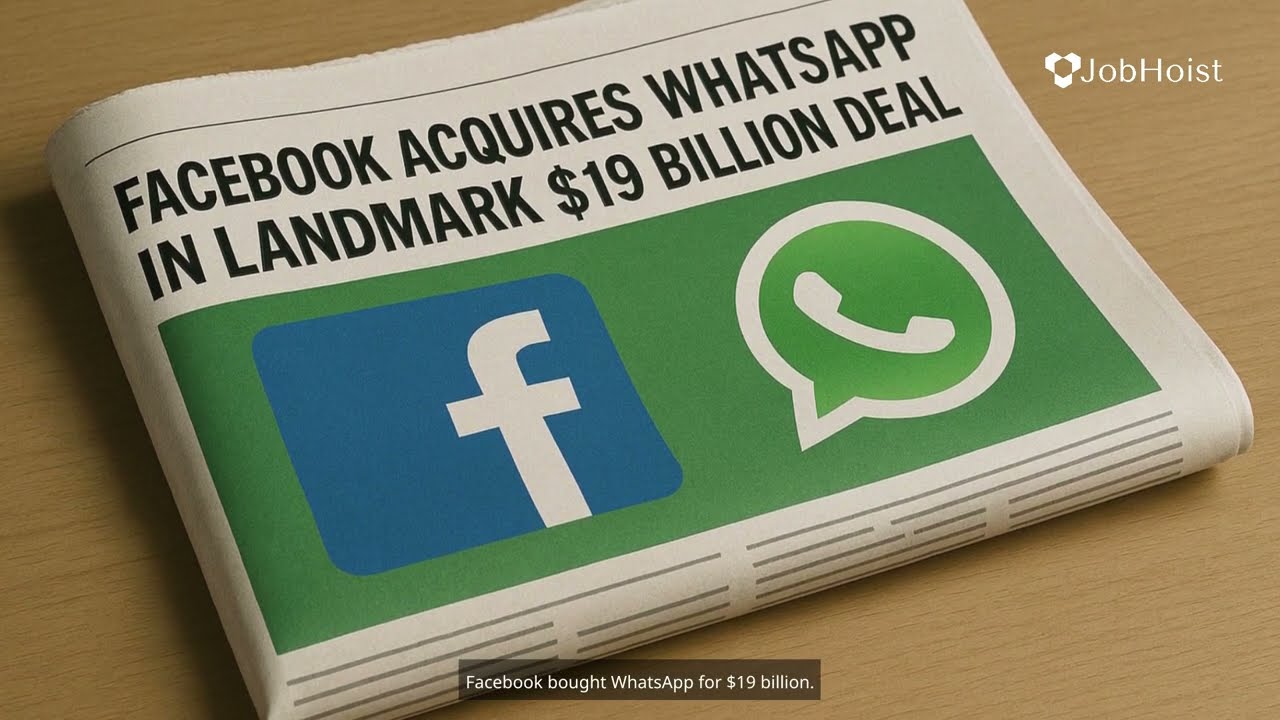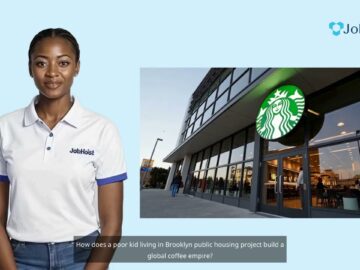Introduction
From No Signal to Global Signal—this is not just a catchy phrase. It encapsulates the remarkable story of Jan Koum, the co-founder of WhatsApp. Rising from poverty and immigrant struggles, Koum built one of the world’s most influential communication platforms, changing how billions interact daily.
The Humble Beginnings
Jan Koum was born in Ukraine in 1976 during the Soviet era. His childhood was marked by limited freedom, censorship, and poverty. Seeking a better future, Koum and his mother immigrated to the United States when he was just 16. Life in Mountain View, California, wasn’t easy—they relied on food stamps, and Koum worked odd jobs while teaching himself computer networking.
This early struggle is where From No Signal to Global Signal truly began. Koum had no connections, no wealth, and barely spoke English. But he had grit, curiosity, and a deep fascination with secure communications.
The Seed of an Idea
While working at Yahoo as an infrastructure engineer, Koum met Brian Acton. The two shared a passion for privacy and frustration with how traditional messaging systems were slow, insecure, or riddled with ads.
In 2009, after leaving Yahoo, they began building a solution—one that would soon be known as WhatsApp.
Founding WhatsApp
True to the spirit of From No Signal to Global Signal, WhatsApp started as a simple status app to show what users were doing. But Koum quickly pivoted the idea to real-time messaging. Focused on speed, simplicity, and privacy, WhatsApp enabled users to message across platforms without ads or gimmicks.
Its end-to-end encryption became a hallmark, driven by Koum’s personal experiences with surveillance and state control in Soviet Ukraine.
Disrupting Global Communication
WhatsApp’s growth was nothing short of meteoric. By 2013, it had 200 million users. By 2014, it crossed 400 million. Users loved its reliability, lack of ads, and ease of use.
More importantly, WhatsApp was enabling communication in parts of the world where mobile data was expensive and signal strength was poor. It allowed millions to go From No Signal to Global Signal—connecting families, communities, and even businesses from the most remote corners of the globe.
The $19 Billion Milestone
In 2014, Facebook acquired WhatsApp for a staggering $19 billion—one of the largest tech acquisitions in history. For Koum, the journey From No Signal to Global Signal was now complete. From a refugee on food stamps to a tech billionaire, his story became an entrepreneurial legend.
Still, he remained committed to user privacy. In 2018, Koum left Facebook, reportedly due to disagreements over data handling—a testament to his principles.
Legacy and Lessons for Entrepreneurs
Jan Koum’s story is more than a tale of wealth. It’s a blueprint for impact. Key lessons include:
Start with a problem you personally understand.
Keep it simple: WhatsApp’s minimalist design outperformed bloated competitors.
Protect user trust: encryption and ad-free experiences made WhatsApp a global favorite.
Stay true to your values, even after success.
Koum’s journey From No Signal to Global Signal inspires a generation of entrepreneurs across Africa, Asia, and beyond, proving that innovation knows no borders.
Conclusion
From No Signal to Global Signal: The Jan Koum Revolution is a testament to resilience, innovation, and the power of staying true to one’s vision. WhatsApp didn’t just change messaging—it empowered billions. As JobHoist celebrates global entrepreneurship, Koum’s legacy offers invaluable lessons to African innovators and dreamers ready to leave their mark on the world.
















